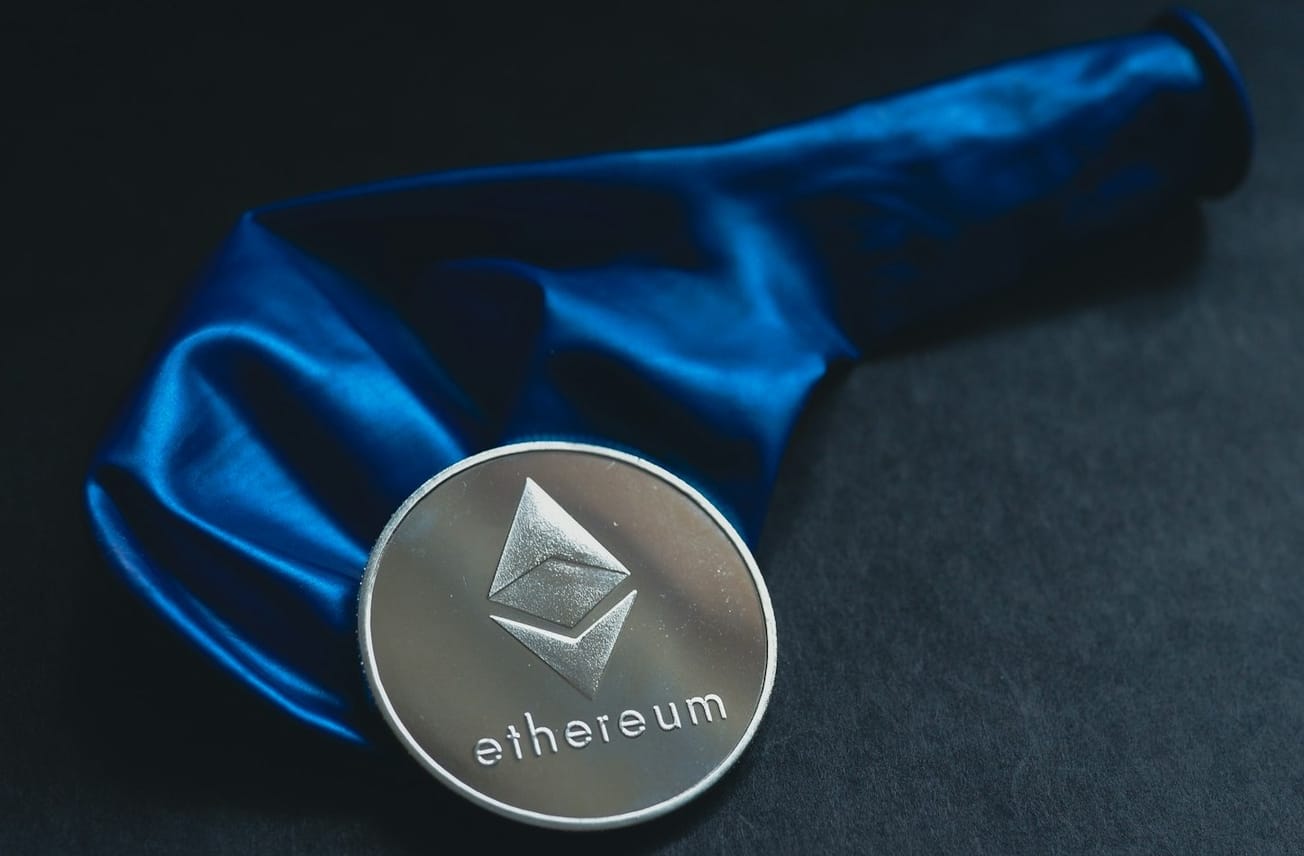Ethereum's Dencun hard fork has reduced costs for layer-2 rollups, but the ecosystem requires infrastructure to unify them. Anurag Arjun, co-founder of Avail, discusses the importance of neutral third-party players in streamlining the user experience.
While Ethereum has made progress in scaling layer-2 rollups, there is a need for unifying infrastructure. Arjun emphasizes the importance of neutral third-party players in building agnostic rollup infrastructure to unify the Ethereum layer-2 ecosystem.
Arjun's focus is on building infrastructure that serves major rollup protocols like StarkWare, zkSync, Arbitrum, and Optimism. Avail aims to become a rollup-agnostic platform, implementing technology like data sampling to enable efficient verification of rollups.
The current Ethereum user experience involves switching between different rollups, creating a fragmented experience. Avail aims to solve this by aggregating proofs generated by independent rollups into one, creating a unified rollup ecosystem.
Avail Nexus aims to facilitate integration standards between rollups, similar to Polygon's Aggregation layer. The Ethereum ecosystem is pondering who will build the infrastructure to unite rollups, highlighting the need for a mindset shift toward building L2 decentralized applications.
The future of Ethereum's rollup ecosystem depends on building infrastructure to unify rollups. Neutral third-party players like Avail are crucial in streamlining the user experience and creating a cohesive ecosystem for decentralized applications.










